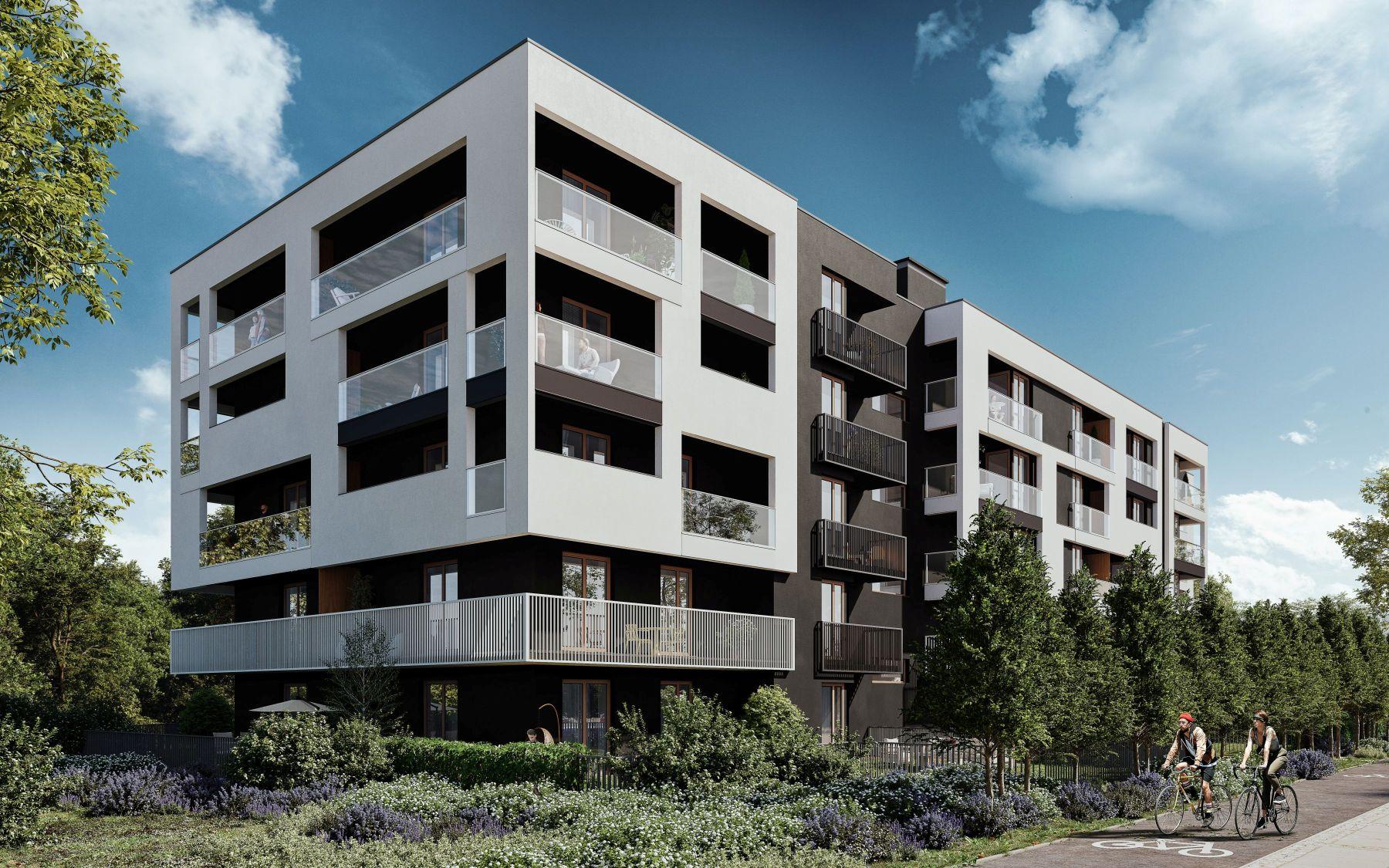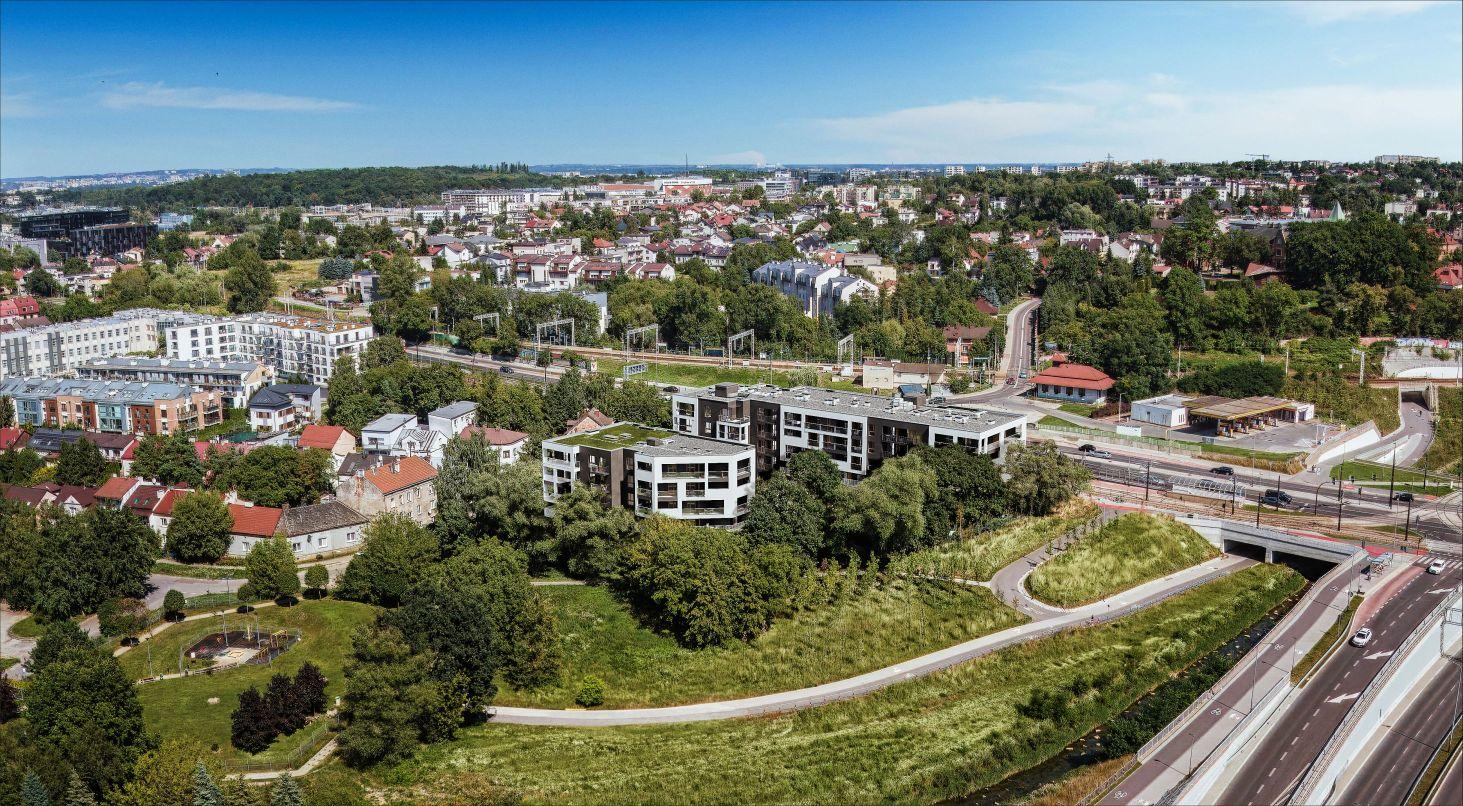First keys programme targets affordable homeownership in secondary Mmarket
The First Keys programme targets first-time buyers seeking second-hand flats priced up to PLN 10,000–11,000 per square metre. Its impact will depend on availability in eligible locations, likely outside major urban centres. Aimed at moderate-income buyers, it could boost affordability and stimulate the lower end of the housing market.
Mirosław Bednarek, Regional Business Director, CEO of Matexi Polska
It is good that after months of waiting, we have finally learnt about the ministry's initial plans regarding support for housing in our country. Every programme that brings those in need closer to owning their own home deserves recognition. It is also encouraging that the funds will be allocated to municipal and social housing construction and support for the purchase of flats on the secondary market. It is a shame that people wishing to buy new flats have been excluded from state aid. This will limit buyers' choice and access to modern flats.
It is worth remembering that new investments meet the highest standards of energy efficiency and construction quality, which is crucial for the comfort and maintenance costs of flats in the long term. Paradoxically, excluding the primary market from the government programme may increase the demand for new flats. Potential buyers who have been hesitating to make a purchase have now been given a signal that there is no need to wait any longer. They can now take advantage of the stabilisation of prices on the primary market, look for bargains and negotiate discounts.
Zbigniew Juroszek, CEO of Atal
We do not see any benefits for the economy in the broader sense in this programme. It does not support production, it does not promote the creation of new jobs, and it will not increase state budget revenues. The announcement of the exclusion of the primary market from the programme can be considered surprising, due to the structure of housing production in Poland, in which developers have had a more than 90% share in the multi-family construction segment for years.
Limiting the programme to the secondary market favours older housing stock, which is less attractive in technical terms and less energy-efficient. In addition, it may cause prices to rise in smaller cities. On the other hand, it will have a limited impact on the markets in large agglomerations, where the leading developers operate, due to the proposed price limits. All this calls into question the objectives of the programme and significantly narrows the target group and the range of offers available within this framework.
Tomasz Kaleta, Managing Director of Sales and Marketing at Develia
After a long period of uncertainty, we welcome the government's new proposal to support home buyers, as it will help reduce market speculation and the uncertainty that has dominated the market over the past year. However, with the assumed limits on the price per square metre, the programme is unlikely to have a real impact on the housing market.
In the largest cities, the programme will cover a marginal part of the offer. In Krakow, only 0.7% of the properties currently meet its criteria, and in Warsaw, 1%. Moreover, directing support exclusively to the secondary market will not contribute to reducing the housing deficit or to the development of modern, energy-efficient investments.
Paulina Prusiecka, Marketing Director, Member of the Board at Grupa Konkret
The current progress of the government support programme is at too early a stage to be evaluated. There are more questions than answers. Let's wait for the finished bill. However, the legislator's intentions are already clear. He definitely wants to support that part of society that cannot afford and may never be able to afford to buy their own home. The aim is to provide funding for social housing, among other things. In the case of the First Keys programme, the announced restrictions on the purchase of real estate only in the secondary market or within a specific price range may have little effect on improving the situation on the housing market.
We are not saying this as representatives of the development industry, which is the target of the changes in the approach to housing policy. This approach will not increase the housing stock, but will only regulate the trade in what has already been built. Consequently, customers who want to take advantage of government support for the purchase of their first home will not have access to flats built using the latest technologies and the most energy-efficient ones. One should also ask oneself how the programme will affect property prices in the secondary market and whether it will not simply drive them up.
From the point of view of customers who are determined to buy their own flat, the key issue is the improvement of credit availability and, consequently, the interest rates. And so, in the face of the lack of state subsidies for loans, they will probably have to reconsider their approach to the choice of real estate and choose flats located away from the city or with a slightly smaller floor area.
Witold Kikolski, board member of MS Waryński Development S.A.
The First Keys programme is a step in the right direction, but it is worth considering expanding it to include primary market properties. The number of properties on the secondary market is limited, and the demand for new flats in attractive locations will always be there. Expanding the programme could increase the supply of flats and support the development of housing, better meeting the needs of people looking for new properties.
The programme could also contribute to improving the quality of apartments, especially in terms of energy efficiency and modern solutions. The inclusion of the primary market would increase the availability of apartments for a wider group of buyers and would also help the development of local real estate markets, which would be beneficial for both investors and future apartment owners.
Eyal Keltsh, CEO of Robyg and Vantage
Without detailed information about which locations will be covered by the First Keys programme, it can be assumed that it will focus on smaller cities and the outskirts of large agglomerations, where prices of used flats may be lower. The availability of subsidies for apartments priced at PLN 10-11 thousand per square metre in the most popular locations may be limited, which may mean that the programme will not have as much of an impact in the central parts of the largest cities.
However, in smaller cities and the suburbs of larger centres, where housing prices are much lower, such support may prove more accessible and effective in meeting the housing needs of people with lower incomes.
One of the main limitations of this programme is that it does not directly support the development of housing construction. The programme is aimed at the secondary market (used flats) rather than supporting the construction of new flats. If the programme does not support the development of new investments, the real estate market in Poland will continue to face problems related to the insufficient number of new flats. Therefore, the First Keys programme may serve as a stopgap measure aimed at improving the situation on the secondary market, but it will not solve the long-term problems with housing availability. As a result, its impact on the Polish real estate market may be limited, and its effectiveness will depend on the location and the specific financing arrangements.
Andrzej Gutowski, Sales Director at Ronson Development
The First Keys programme is unlikely to have a significant impact on the real estate market in large cities. The set price limit of PLN 11,000 per square metre is lower than the average housing prices in the largest agglomerations, where the activity of developers is concentrated. Therefore, the programme will mainly cover smaller cities and suburban areas, and it is there that there may be a risk of a possible increase in prices up to the set limits.
One possible effect of the programme's introduction may be to accelerate purchasing decisions by people who were previously hoping to be able to buy a flat from a developer under the programme. When it turns out that this option is not available, they may decide to buy under standard conditions more quickly. However, the overall impact of the programme on the market will remain small.
Łukasz Šedovič, Sales Director at Trust Investment S.A.
The price limit of PLN 10-11 thousand per square metre raises doubts, as in many cities, especially the more expensive ones, the choice of flats at this price is very limited. As a result of such assumptions, we can expect an artificial increase in offer prices to the level of the limits, which, paradoxically, will make it more difficult to purchase these flats. The idea behind the programme is good, as the subsidies for high earners are being reduced and the aid should be allocated where it is most needed. However, demand will exceed supply without the new housing, which will drive up prices in this segment.
Mariusz Gajżewski, Head of Sales, Marketing and Communication BPI Real Estate Poland
The First Keys programme may improve the availability of housing, but its impact on the primary market will be limited, so it will not contribute to the development of new construction.
This assumption covers only the secondary market, which is likely to help boost it and increase housing mobility. However, the initial assumptions indicate support in locations where housing prices are within certain limits. This means that its use may be limited in the largest cities. In the long term, it will be crucial to develop a solution combining support for buyers with investment in new housing, which will contribute to greater market stability.
Source: Dompress.pl
Photo: Do Wilgi, Matexi









